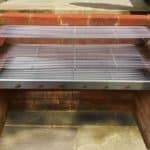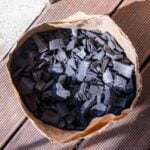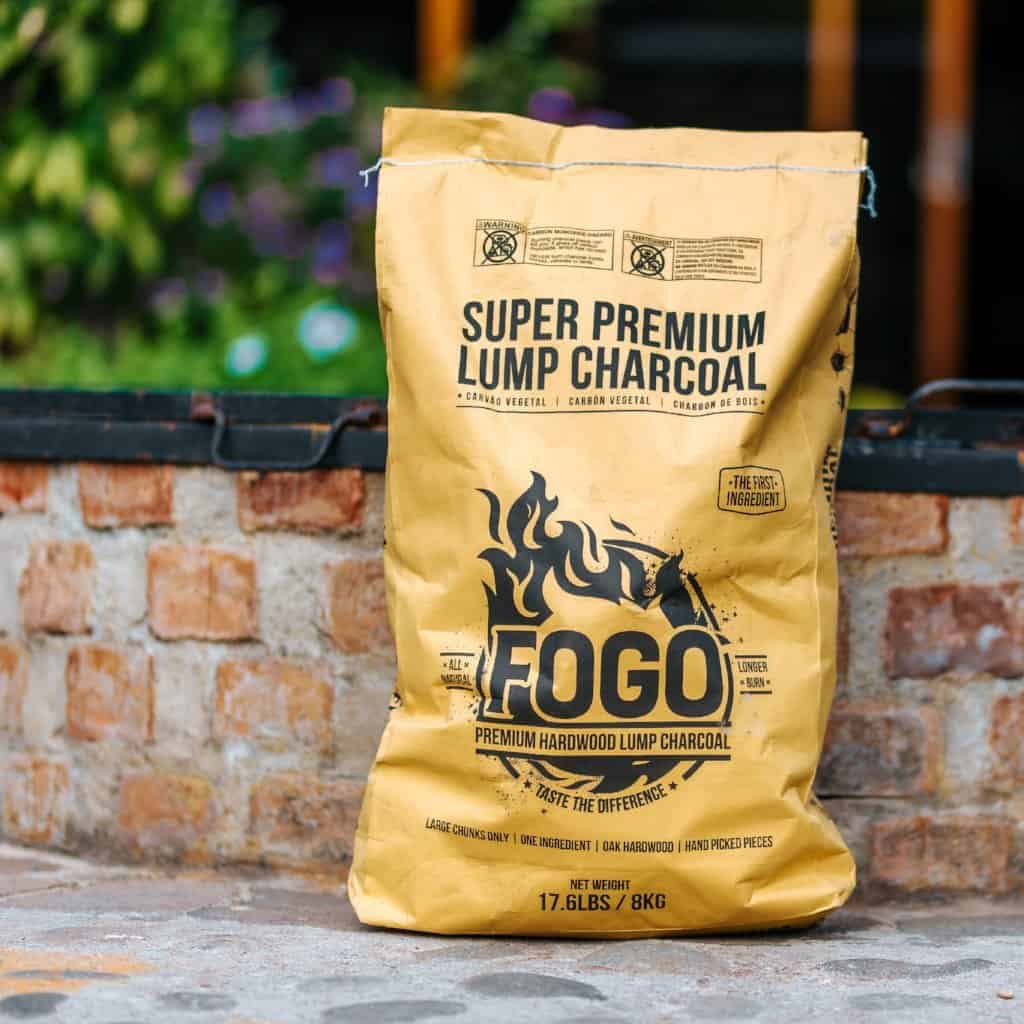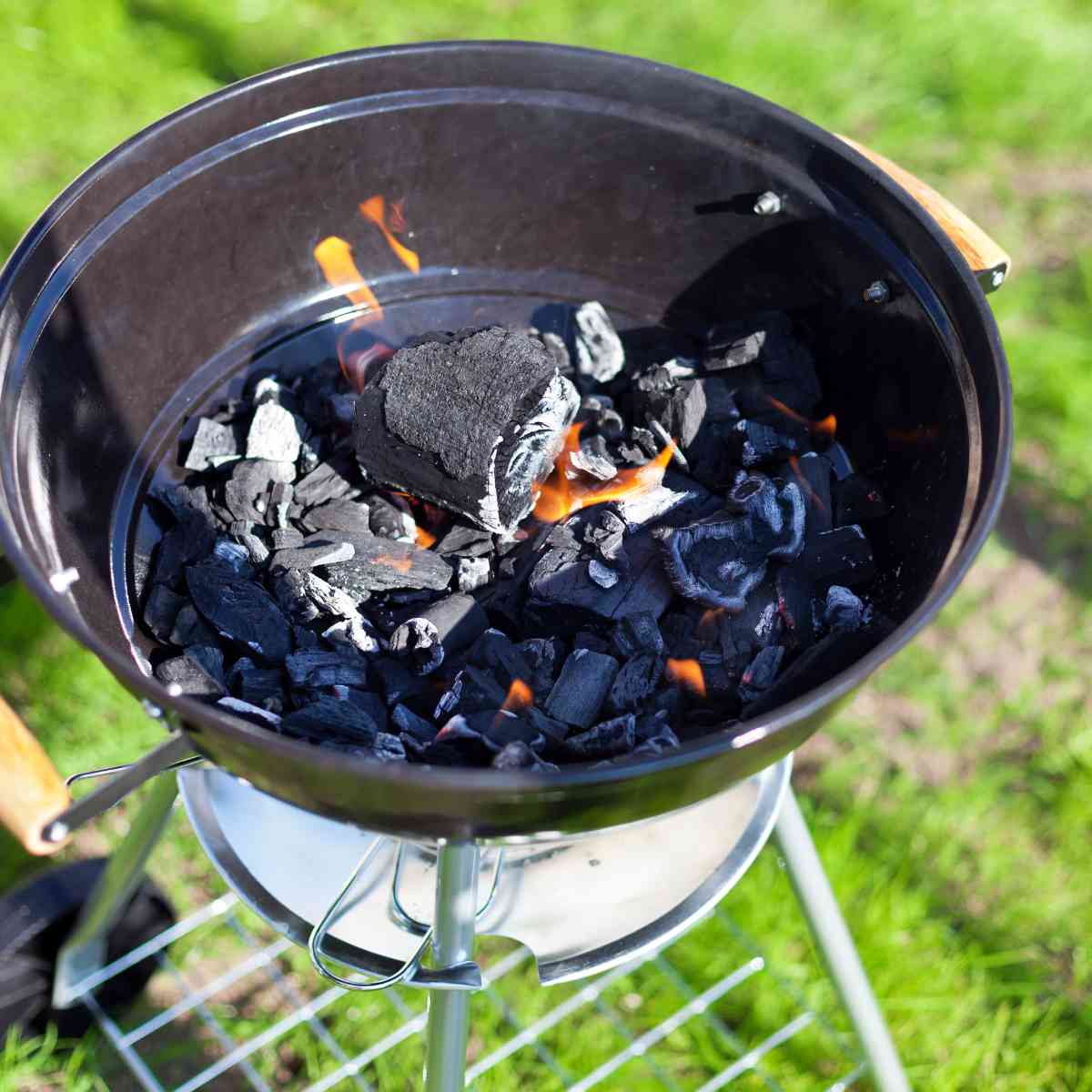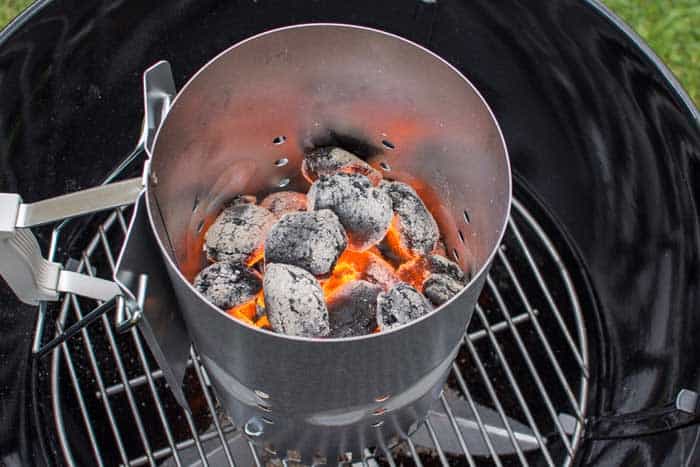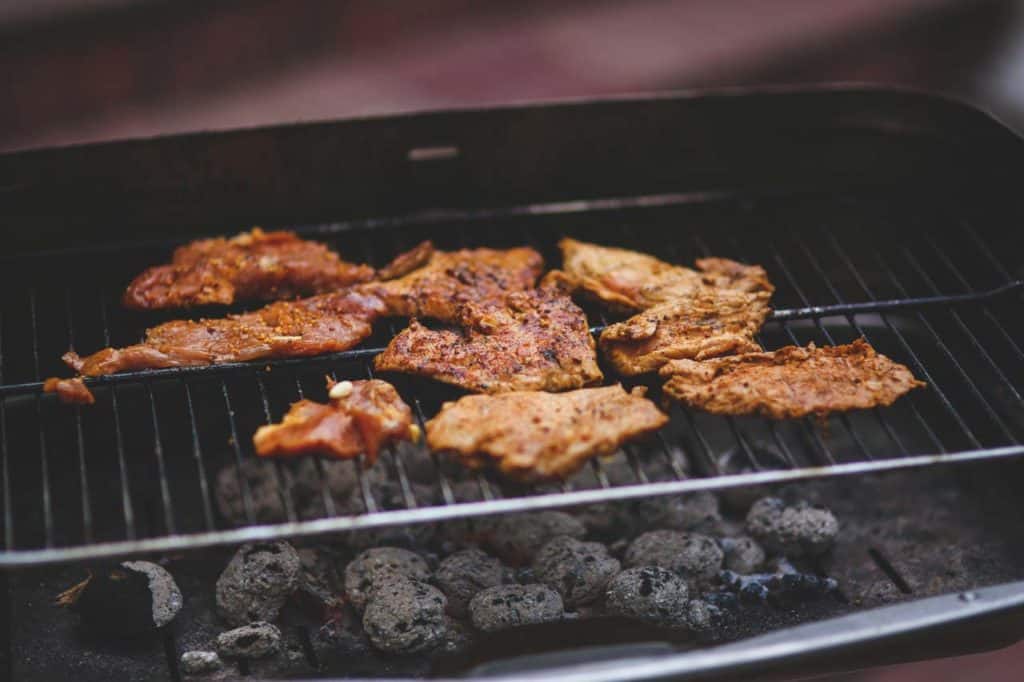Keep your BBQ coal dry and fuel-efficient in the long term by storing them the right way. Discover how to store your lump charcoal and briquettes with our easy charcoal storage guide.
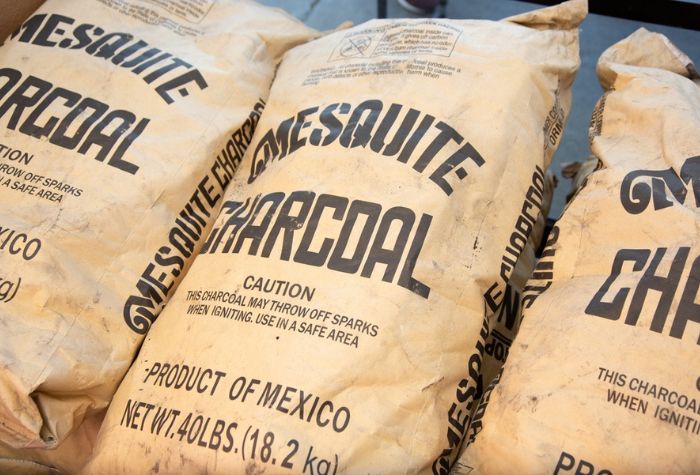
The number one choice for hardcore BBQ enthusiasts, charcoal creates that delicious, authentic, smoky flavor that you love. When stored correctly it has an almost indefinite shelf life, giving you plenty of value for money.
Whether you need to store lump charcoal or briquettes, there are tips you can follow to ensure they last for years to come (or at least until your next BBQ!). Here, you’ll discover why proper storage is important, and how to store charcoal when it isn’t in use.
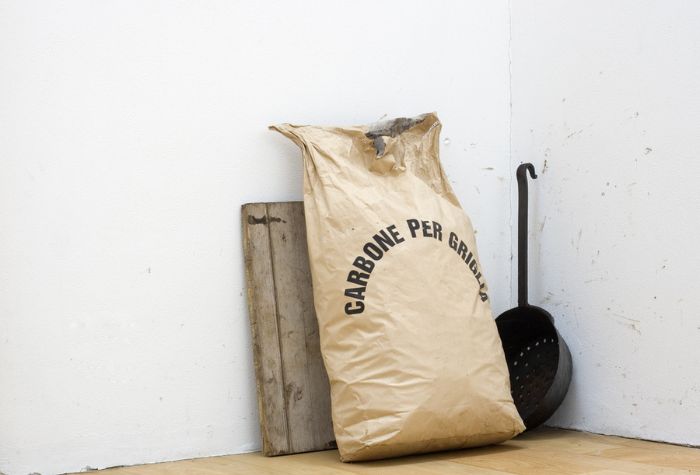
Why Proper Charcoal Storage is Important
Storing charcoal correctly will ensure it provides optimal performance whenever you need it. While it isn’t necessarily dangerous to store charcoal incorrectly, it may become unusable over time.
Above all else, you need to make sure the charcoal is protected against moisture. This is especially true if you are dealing with briquettes. While it may be possible to salvage wet briquettes, you’ll more than likely need to replace them.
Both types of charcoal are highly absorbent, which means they will soak up moisture just like a sponge. This in turn will make it difficult to ignite them, and they won’t burn for as long as they should.
Will Charcoal Spontaneously Combust if Stored Incorrectly?
A common question people have is whether charcoal will spontaneously combust if it isn’t stored properly. The simple answer here is no, BBQ charcoal is highly unlikely to spontaneously combust.
When you hear stories of it happening on the news, they are usually talking about the coal used to light fires in the home. It is a totally different type to those designed for grill or smoker use. With that being said, if you were to leave bags of briquettes out in strong direct sunlight, they could catch on fire.
So, while most charcoal isn’t going to spontaneously combust on you, it’s still a good idea to store it correctly.
Where to Store Charcoal
Charcoal should always be stored in a dry, cool space. If you want to store it outside, you can keep it in the shed, garage, or in an outdoor storage box. As long as these areas are moisture free and don’t overheat in summer, they will safely store your charcoal for as long as needed.
If your storage area does have a humidity problem, you could run a dehumidifier to suck out the moisture. Another thing to consider when storing it in a shed or garage outdoors, is to keep it off the floor where moisture is known to collect.
While you can store it outside, you’ll get the best results if you keep charcoal indoors. It is far less likely to be exposed to moisture, unless you plan on storing it in a damp basement. Any area that is cool and dry will act as the perfect place to store your charcoal.
Charcoal Storage Options
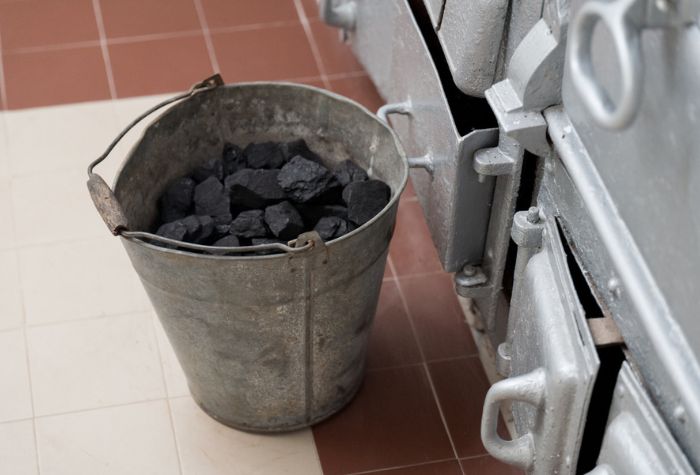
Now you have a good idea of where you should store charcoal, let’s look at your main storage options. The main choices include a plastic caddy, metal bin, and an airtight container or box. So, which one should you choose? Here’s a rundown of each option to help you decide…
Plastic Caddy
Plastic caddies are a popular option due to their affordability and effectiveness. You can also purchase varieties that are specifically designed for storing charcoal. They tend to come with an airtight flip top, letting you easily pour out the charcoal when needed.
Thanks to their weatherproof design, plastic caddies can be used to store charcoal both indoors and outdoors.
Metal Bin/Trashcan
Metal bins or trashcans are a great option for those worried about the charcoal potentially catching fire. While the risk is small, keeping it in a metal bin ensures if the worst were to happen, the fire would be contained.
Another advantage of using a metal bin is they typically come in larger sizes than a plastic caddy. This is great for those looking to stock up and store charcoal in bulk. The only real downside is that metal bins aren’t airtight. You can solve this problem by adding a heavy-duty trash bag to the bin before adding charcoal.
Airtight Container/Box
Airtight containers and boxes are ideal for storing charcoal. They keep it dry and can be used both indoors and outdoors. Airtight boxes also come in a huge range of sizes, so you’ll easily find one to suit your storage needs.
When deciding which storage option is right for you, consider the type of charcoal you are storing. Metal trashcans tend to be the worst option out of the three, due to the fact they aren’t airtight. While you can make adjustments to give them a more airtight design, there is still an increased risk of your charcoal being exposed to moisture.
A plastic caddy or airtight container would be the better option. However, if you are storing instant light briquettes, they aren’t always suitable to be kept in a plastic container. Instead, they would be best kept in an airtight container.
Instant light charcoal briquettes should also be removed from the bag if you plan on storing them for long periods of time. If they aren’t, they may soak up moisture from the bag.
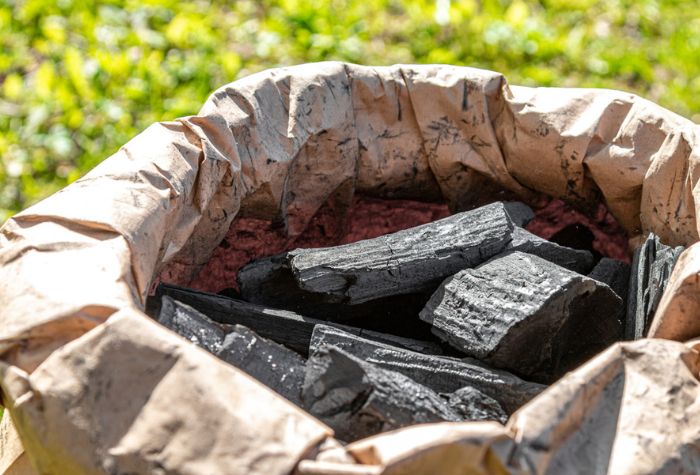
How Long Does Charcoal Last in Storage?
How long your charcoal will last in storage will depend upon the type. Lump charcoal can be stored almost indefinitely in an airtight container or caddy. Charcoal briquettes on the other hand may have a shelf life of 1-2 years.
The conditions the charcoal is kept in will also impact its shelf life. Provided you follow the correct storage advice, you should be able to use your charcoal for years to come.
Can You Use Wet Charcoal?
If your charcoal does get wet in storage, you may be able to salvage it. Charcoal briquettes are more likely to get completely ruined when exposed to moisture, but lump charcoal is easier to dry out.
Place the wet coals in the sun for a couple of days to help them fully dry. Make sure you place them down in a single layer and flip them over each day. Once they are fully dry, you can attempt to reuse them.
A good tip is to use fresh charcoal as a starting point. Once the fresh charcoal has been lit, you can add the dried-out charcoal on top.
While storing charcoal incorrectly isn’t dangerous, it could completely ruin it. The key takeaway is to make sure you store it in an airtight container, in a cool, dry place.

